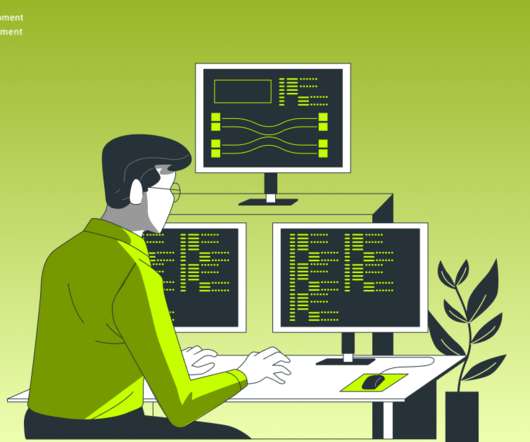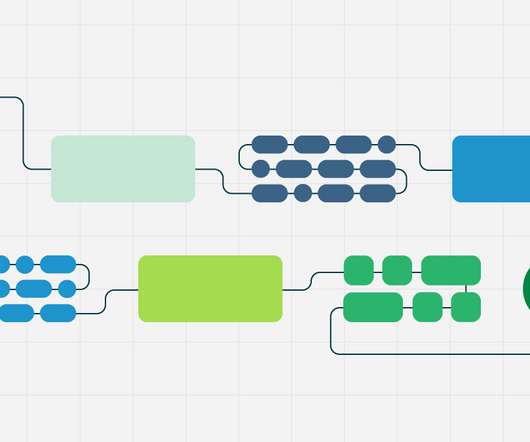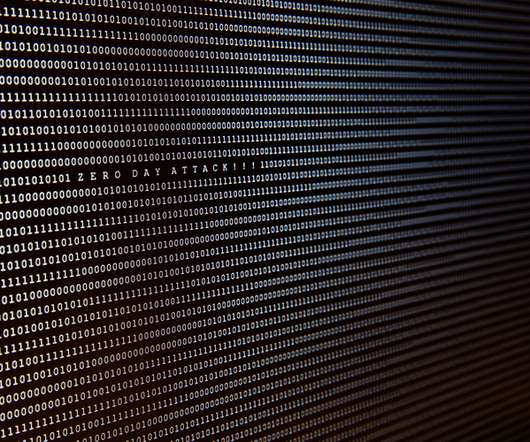What is threat detection and response?
Lacework
JANUARY 25, 2023
Types of malware include viruses, trojan horses, ransomware, and spyware. Malware can also infiltrate applications, leading organizations to lose time and money, plus face stiff compliance violations or penalties. Unfortunately, however, not all threats are known; these are often referred to as unknown unknown or unknown threats.















Let's personalize your content